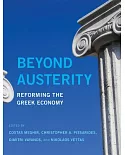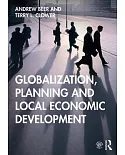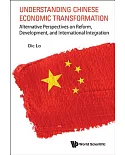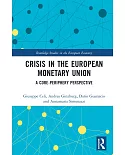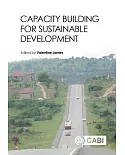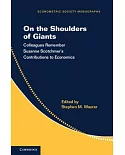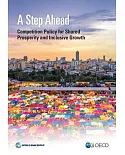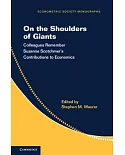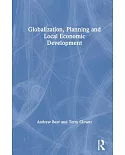This book investigates the impact of International Monetary Fund (IMF) programmes on macroeconomic instability and economic growth in recipient countries. Employing the New Institutional
Economics approach as an analytical framework, it identifies the determinants of economic and political institutional quality by taking into account a broad variety of indicators such as
parliamentary forms of government, the aggregate governance level, civil and economic liberties, property rights etc. The book subsequently estimates the impact of these institutional
determinants on real economic growth, both directly and also indirectly, through the channel of macroeconomic instability, in recipient countries. Moreover, it illustrates the effectiveness
of IMF programmes in the case of Pakistan, a frequent user of IMF resources.


